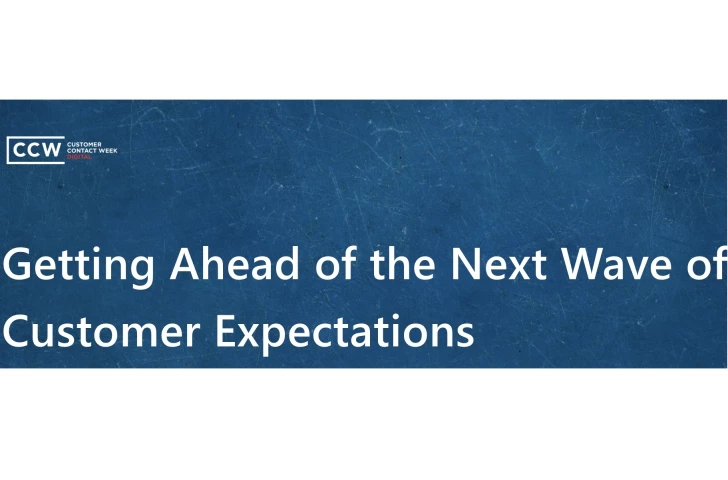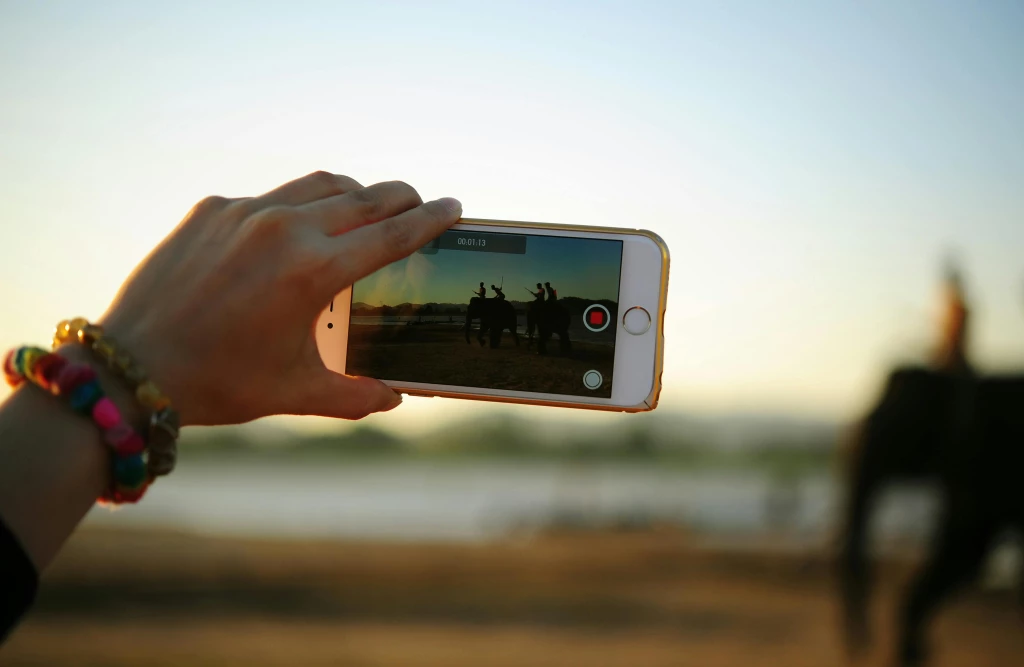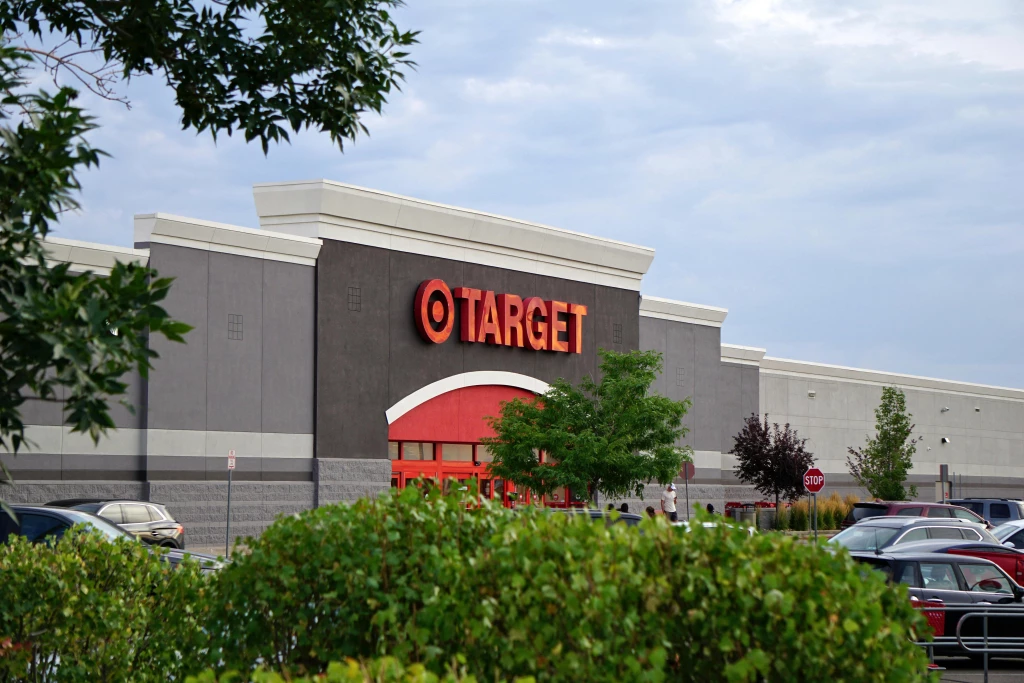The Cosmetic Industry Is Facing Some Customer Experience Abnormalities, But The Ordinary’s Double Down On Diversity Is A Thing Of Beauty
Providing a personal yet universal customer experience is key to any industry, but especially to the beauty industry at large. The Abnormal Beauty Company is well aware, and meeting the unique needs of their clients in a very personal way.
Add bookmark
Customer service is a beautiful industry–a great sale or fantastic CX save is an opportunity to build brands, form relationships and create memorable moments for customers, CEOs and agents alike. Whether or not we realize it, the companies and brands we work with and buy into have special places in each of our lives.
Yes, the customer experience applies to more logistical parts of our lives. For example, the electric company that fuels your house or the brand of car you drive. But at times, the customer experience is an artistic time capsule of all the little moments that deepen the emotional value of our day-to-day life. They’re things like the shirt you wore on the first date with your spouse, the reliable brand of candy in your grandfather’s jacket pocket, and even that one lipstick shade that your mother loves so much, she’d be buried in it if she could. Names and brands that seem so arbitrary upon first buy can grow to become staples that symbolize special people–and moments–in a way inspires us, motivates us, and makes us feel our best.
No other industry knows the importance of feeling our best than the beauty industry. While one might argue that cosmetics cater to what’s on the outside, it’s the impact that the outside has on our insides that makes the sector so successful. With all the influence and financial gain beauty has found across all of human history as the ultimate personal pick-me-up, it’s also historically dropped the ball in an essential area: customer service. The ways in which the beauty industry has failed to provide a positive customer experience are much more nuanced than receiving the wrong packaging in the mail or having an unpleasant exchange with a company employee. Aside from item delivery, the products themselves have a habit of excluding a variation of skin hues and textures. Whether it’s a high end brand or a drug store purchase, many makeup companies have been anti-BIPOC and anti-LGBTQIA+, both intentionally and unintentionally.
As a woman of color who utilizes multiple beauty products in their daily routine, I can attest to the challenges that exist for consumers of color when it comes to cosmetics. It's not abnormal for me to have to mix various foundation shades, types and textures to get a customized color that suits my makeup coverage needs. It’s a problem experienced not just by myself, but by any individual cosmetics consumer who has a skin complexion or concern that might not fit a traditional, more visible, Westernized eurocentric beauty lens. In fact, a 2021 Mintel report on diversity and inclusivity in beauty notes that 72% of Americans view society’s idea of beauty as being too rigidly defined. Each customer is just trying to find a product that fits their daily needs, practicality preferences, worldview, and lived experiences. It’s why 68% percent of Americans would like to see diversity that reflects real life in beauty and grooming advertisements.
When it comes to purchasing beauty products, a customer can change the brand they purchase, but when product options across the board are sparse, the onus to find customer service solutions is no longer in the hands (or makeup bags) of consumers. Making a phone call, sending a tweet, or writing a scathing email will not magically make a darker foundation shade appear on shelves the next day, especially if they’re not even part of a beauty brand’s inventory to begin with. How do you find solutions to your problems when the ideal solution is a product or idea that does not exist? It’s up to companies to take in consumer feedback and fill in those customer service gaps, and it has been for some time. Over the years, customers have used social media to put pressure on their favorite beauty brands to step up their inclusivity game on shelves and behind closed doors, and one by one they are answering the call.
Rihanna’s makeup brand Fenty has long been viewed as the prime example of cosmetic industry inclusivity. Upon its launch in 2017, it debuted an unheard of 40 various shades of foundation. Promptly thereafter, brands from Maybelline to Mac have followed suit, working to tailor to, target, and at times evben overcompensate for the lack of suitable makeup products available to people of color. Five years later, other organizations are still attempting to address customer needs by diversifying their products. But one brand is paying homage to the Bad Girl RiRis of the 2010s by bringing a new shade of inclusivity into the 2020–enter parent brand Deciem, better known as The Abnormal Beauty Company and The Ordinary.
A purveyor of everything from foundation to skin cleanser, the company may cover today’s top beauty trends, but proves to be unique in the field of customer experience: its pricing reflects product ingredients, not the cost of notoriety name brands, and was born from a desire to democratize the beauty space. And within The Abnormal Beauty Company’ Bryant Park, New York City storefront, employees are well aware of the unique client needs they are meeting.

“I think when people come into a store, especially in the beauty industry, it’s a much more intimate retail experience, it’s kind of like going to the hair salon,” Maya, the location’s key holder, tells CCW Digital. “You share personal information, and they want to connect to you… We get people from all over the world, a lot of different shades, colors. It’s kind of beautiful.” Her company has just recently expanded its foundation offerings not just by shade, but by product texture. Now, Maya is better able to celebrate the beautiful relationships she builds with her customers by serving customer needs more directly. “It’s easier for me, so I know the inclusion and diversity is there, to recommend products to those customers.” Not only that, but even her own relationship with makeup has changed. “The shade range is pretty good,” she notes. “The company was founded on the principle of inclusion, so I do find that as a woman of color it’s pretty easy to navigate the products and find something that works for me, especially when it comes to the makeup.”
Providing a personal yet universal customer experience is key to any industry, but especially to the beauty industry at large. There are so many reasons that a customer might seek out a product–practical need, retail therapy, gift giving, even a style reinvention–but no matter the reason, the results they are after are the same. They want to feel validated, good about themselves, and know that they can provide that same feeling to those around them. Nearly a quarter of beauty consumers say they gravitate towards branding that “shows that there are different ways to be beautiful,” and half of them have looked for or bought from brands with strong DE&I ideals.
“The company was founded on the principle of inclusion,” Maya says of The Abnormal Beauty Company. Even so, she recognizes that their success is due in large part to those beauty moguls who paved the way. While the brand launched just one year before Rihanna’s Fenty line, it was the media star’s massive impact on the cosmetics industry that helped get The Ordinary’s ball rolling at rapid speed. “Now that companies are more focused, I think Rihanna with her huge brand was a huge reason why a lot of brands started being more focused on diversity and inclusion. I noticed that after she dropped that, everybody fell in line,” she Tells CCW Digital. “That, I think, she deserves credit for in the beauty industry.”
Today, when you walk into The Abnormal Beauty Company, you get an opportunity to customize the color and texture of the foundation you need in a way many makeup users cannot recall in recent years. While in-store, I was presented with six different shades of face makeup in three different textures, which would have been unheard of in 20210. Normally, my mix and match strategy would result in a look that would not fully suit my needs. Instead, I walked out of the store with a foundation so attune to my skin needs that it looks like I have nothing on.

While that almost-natural feeling has always been the goal of The Abnormal Beauty Company, it’s not one that has been without issue. Customer service does not begin when the transaction is made, it starts with the team you build. Building a team that reflects and can empathize with the needs of its target audience is essential to success, Maya notes. “I think that we could be a little bit more diverse on the internal side and hearing those people of color voices, especially on the ground level.”
At the executive level and on the ground, fashion trends of the 80s-2000s maintained a comfortable status quo of white womanhood, to such an extent that many brands themselves did not see a need to disrupt the industry by creating or advocating for change. Meanwhile, many women, BIPOC people and members of the LGBTQIA+ community were staring in the mirror wondering why they didn't resemble the next “it” girl, or if they ever could. By only including and considering the insights of their current customers, cosmetic companies were doubling down on an insular framework that ignored external beauty needs.
But a truly progressive customer experience isn't just about putting your current customers and their concerns, or even complaints first. A growing brand must look beyond their current base, lest it miss out on essential feedback and insight. "Beauty" goes beyond those who are already buying the emotional experience your brand is selling. It includes considering who else you're missing in your product and representation, as well as what they're thinking. Because when your core value proposition leaves room for evolution and growth, your company solidifies connections. Beyond the beauty industry, creating processes that can adapt to future uses and users–as opposed to current–is key.
That’s the beautiful thing about all of this. In order to move forward and succeed, all industries must work to understand client needs and meet consumer demands in a way that creates equity, demonstrates empathy and applies enginuity to the corners at hand. While we might not all be a Rihanna, we are all Ordinary, in a way. And when, as ordinary people, we consider the needs of our market, we will see extraordinary change that will take our customer service–and experience–to superstar status.






















